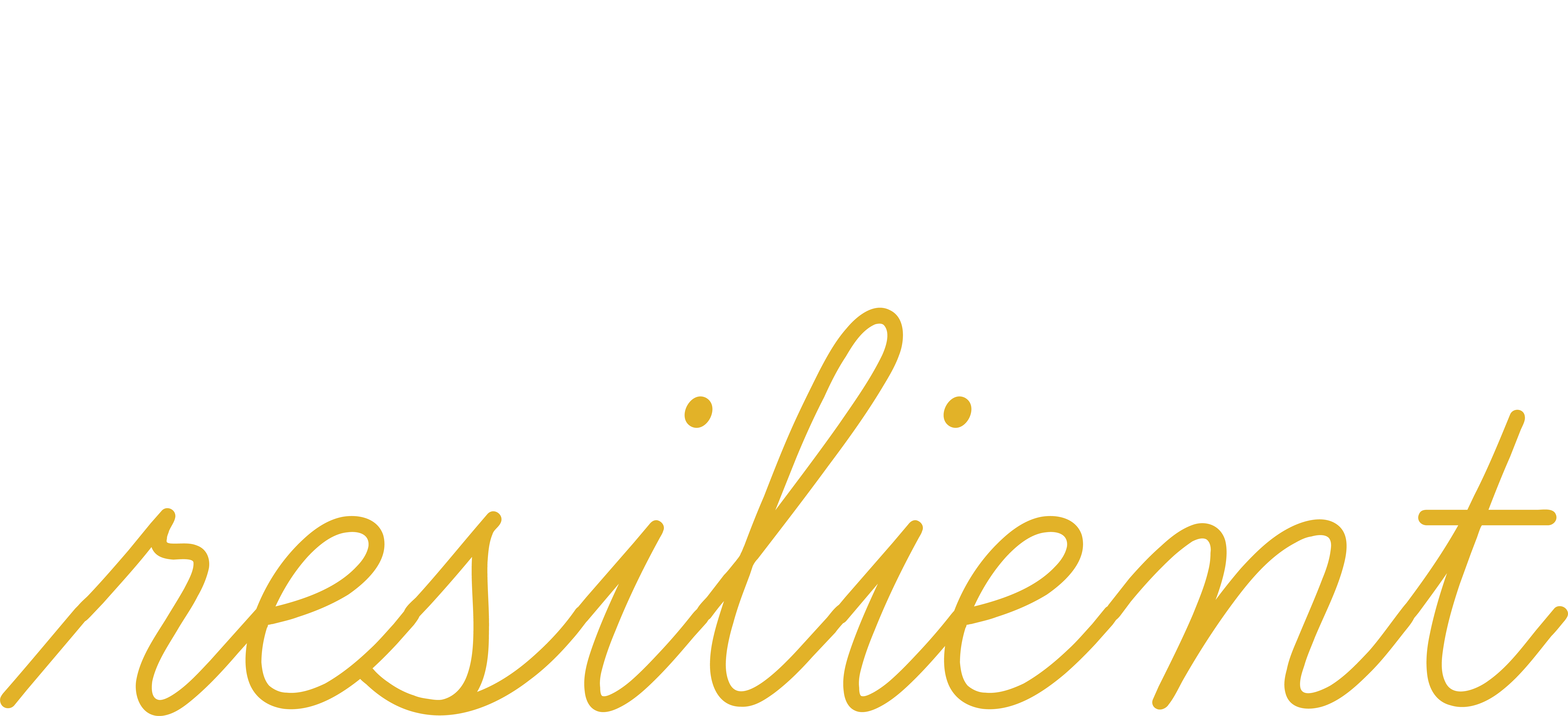Organizations today are in constant flux. Industries are consolidating, new business models are emerging, new technologies are being developed, and consumer behaviors are evolving. For executives, the ever-increasing pace of change can be especially demanding. It forces them to understand and quickly respond to big shifts in the way companies operate and how work must get done. In the words of Arie de Geus, a business theorist, The ability to learn faster than your competitors may be the only sustainable competitive advantage.
I’m not talking about relaxed armchair or even structured classroom learning. I’m talking about resisting the bias against doing new things, scanning the horizon for growth opportunities, and pushing yourself to acquire radically different capabilities—while still performing your job. That requires a willingness to experiment and become a novice again and again: an extremely discomforting notion for most of us.




The Brief
Over the past decade or so, most leaders have grown familiar with the concept of self-awareness. They understand that they need to solicit feedback and recognize how others see them. But when it comes to the need for learning, our assessments of ourselves—what we know and don’t know, skills we have and don’t have—can still be woefully inaccurate. In one study conducted by David Dunning, a Cornell University psychologist, 94% of college professors reported that they were doing “above average work.”
It’s easy to see aspiration as either there or not: You want to learn a new skill or you don’t; you have ambition and motivation or you lack them. But great learners can raise their aspiration level—and that’s key, because everyone is guilty of sometimes resisting development that is critical to success.

Benefits of Project
Let’s say your boss has told you that your team isn’t strong enough and that you need to get better at assessing and developing talent. Your initial reaction might be something like What? She’s wrong. My team is strong. Most of us respond defensively to that sort of criticism. But as soon as you recognize what you’re thinking, ask yourself, Is that accurate? What facts do I have to support it? In the process of reflection you may discover that you’re wrong and your boss is right, or that the truth lies somewhere in between—you cover for some of your reports by doing things yourself, and one of them is inconsistent in meeting deadlines; however, two others are stars. Over the past decade or so, most leaders have grown familiar with the concept of self-awareness.
Focusing on benefits, not challenges, is a good way to increase your aspiration. There are no secrets to success.
It’s easy to see aspiration as either there or not: You want to learn a new skill or you don’t; you have ambition and motivation or you lack them. But great learners can raise their aspiration level—and that’s key, because everyone is guilty of sometimes resisting development that is critical to success.





